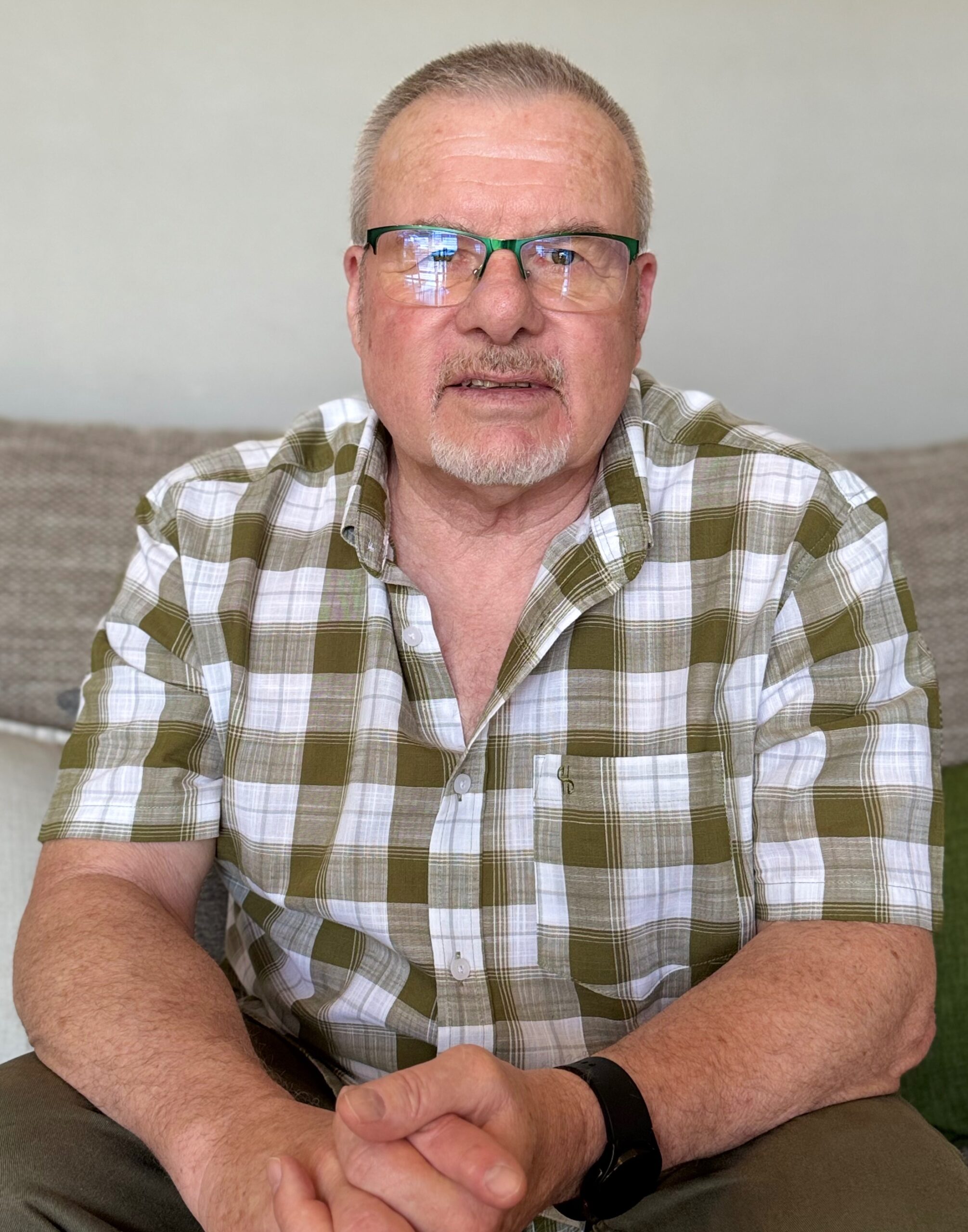PETER SCHULTZ – VITA NOVA PRETORIA
Peter specialises in addictions, couple counselling, family support, parental guidance and trauma in Pretoria East.

As Social Worker in Private Practice, I am registered with the South-African Council for Social Service Professions (SACSSP), the South African Association for Social Workers in Private Practice (SAASWIPP) as well as the Board of Healthcare Funders (BHF).
My passion is to work with families. Being married for 47 years and the father of two children and three grandchildren emphasizes the importance of building strong foundations in our relationships. I believe all behaviour to be functional, irrespective of whether it is constructive or not, and when people request assistance, I understand this to be due to them no longer being able to manage their life circumstances in a meaningful way. For this reason, I choose to follow both a client-centered and solution-focused approach in working with people, where we discuss ways to deal with the issues at hand, together.
WORKING WITH COUPLES
In working with couples, I recognize each person as a unique individual. Whether I first see the couple together or the individuals separately, it is important for me to make a proper assessment of their understanding and feelings about their situation, their insights, and abilities to address the issue at hand, their motivation for change as well as how they perceive the outcome of any professional inputs.
WORKING WITH PARENTS
Children, especially teenagers, by default, and sometimes deliberately, test boundaries – that is how they learn about life and about themselves. Parents’ responsibility is to address the “tests” AND primarily build or sustain relationship with their children.
In working with parents, I first obtain all relevant information from one or both parents, informing their request for assistance. The programme focuses on parenting styles, their attachment styles, their roles in the home, emotional connection, and communication with their child, dealing with the child’s “problem” behaviour and parental selfcare. Sessions are personal, practical, and task-orientated and supported by information handouts.
WORKING WITH ADDICTION
Over and above dependency on substances, persons lately become increasingly addicted to prescribed medications and internet including social media. The reason we become addicted is often related to addressing our emotional or social discomfort; to compensate for our underlying pain. Addictive behaviour is at first always functional. Over time, often without being aware of it, we increase this behaviour, it becomes riskier and more harmful. Stopping this behaviour means we must face the world and ourselves head on; we must break up the bond we have established with a very reliable “friend” (the drug/behaviour) who has stood by us for a long period of time.
Living with a partner with addiction proves to be unpredictable and extremely stressful. Constant arguments and a partner’s spells of aggression and abuse, which is often related to the addiction, contributes to high degrees of anger, feelings of fear, hurt, abandonment, guilt and hopelessness, feelings which eventually end in emotional detachment from such partner. All their attempts at helping are in vain, crying pleading, threats, leaving him/her, etc. Eventually they start neglecting their own well-being. The partner therefore needs assistance as a person in his or her own right.
During the counselling process, all concerns, stumbling blocks, strengths, appropriate community resources, practical issues of time, transport, and finances as well as issues of confidentiality, transparency, and consent and how this may impact the way forward, are considered.

